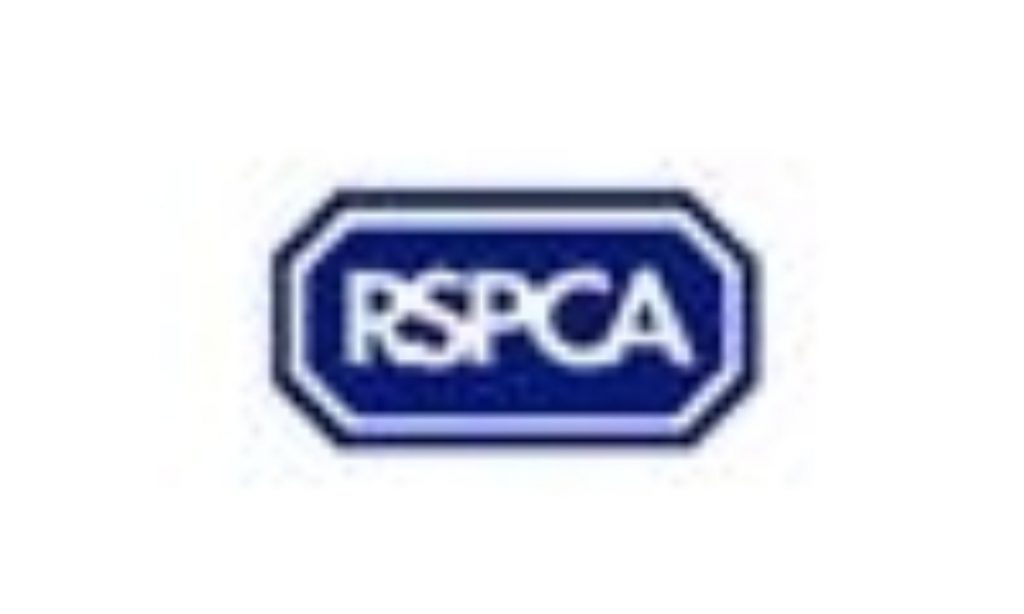RSPCA urges companies to use new test and save millions of animals
RSPCA urges companies to use new test and save millions of animals
Senior scientist says there’s no excuse for companies to delay switching to a new test which is predicted to save millions of animals used in safety testing.
The RSPCA is calling for companies to switch to a new test which is predicted to save millions of animals used in safety testing.
The Organisation for Economic Co-operation and Development (OECD)1 has officially adopted a new guideline for reproductive toxicity testing and the RSPCA is urging chemical-based industries to replace the old method immediately.
Regulatory authorities must also accept and encourage the use of the new method for testing required by laws such as REACH2 and the Biocidal Products Regulation.
The new OECD guideline – called the Extended One-Generation Reproductive Toxicity Test – uses over a thousand fewer animals than the current ‘two-generation’ reproductive test guideline.
It could help reduce the enormous number of animals predicted to be used in reproductive toxicity tests for REACH – at least six million animals, and possibly as many as 40 million.
RSPCA senior scientist Barry Phillips said: “It has taken years for this modified method to be accepted by OECD. It has been thoroughly assessed by scientists and regulators around the world, and found to be as good as, or better than the existing method.
“There is no excuse for delaying its use. Officials in the EU and worldwide must act quickly to make it clear not only that they will accept the results, but that they expect it to be used rather than the old method.”
“I have serious doubts about the value of reproductive toxicity tests on rats, and accurate and reliable methods that don’t use animals are urgently needed. But this new method could at least save some of the millions of animals doomed to die in the next few years.”
Notes to editors:
1. The OECD produces safety-testing guidelines for its 31 member nations, which represent many of the world’s largest economies. Mutual Acceptance of Data agreements mean that members such as the EU and USA are obliged to accept the results of tests done according to OECD guidelines.
2. REACH is the regulation on Registration, Evaluation, Authorisation and Restriction of Chemicals. It came into force on 1 June 2007 and requires the testing of many thousands of chemicals on animals.
RSPCA, Wilberforce Way, Southwater, Horsham, West Sussex RH13 9RS
Press office direct lines: 0300 123 0244/0288 Fax: 0303 123 0099
Duty press officer (evenings and weekends) Tel 08448 222888 and ask for pager number 828825
Email: press@rspca.org.uk Website: www.rspca.org.uk





-01.png)